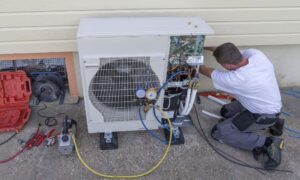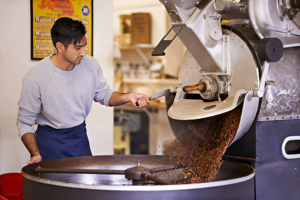
When undergoing the preparation for a site plan, for maybe a campus, parking lot, or a facility, traffic safety is an important aspect to it. The vehicular circulation and the signage displayed are all part of the safety process. Facilities manage the traffic at much slower speeds and much lower concentrations, hence, the safety is upheld a bit more as compared to on roads. But these locations do not have determined traffic patterns, which makes the management task a lot more critical. But with control devices, specialists look forward to effectively upholding traffic safety.
Road Signs
These pieces of signs provide traffic information to the drivers on road. These signs are created through reflective materials with colours that are very highly contrasting. This is made to make the signs visible through headlights at night. They mostly use words and symbols for communication.
- Regulatory signs like stop, speed limits, no parking control the vehicular behaviour on road. They highlight the acceptable legal behaviour on roads in that area.
- Warning signs make the drivers aware of any incoming hazards in a particular region.
- Guiding signs provide the route information or help drivers with amenity point awareness.
Road Markings & Construction
These are another set of communicative vocabulary for drivers. These include:
- Road markings- These comprise of the lines and arrows that detect correct usage of lanes. These marks also define which path the two-wheelers and the four-wheelers must take through. They prevent unexpected traffic patterns on road.
- Road construction- They also control traffic. Rumble strips are laid on roads for a car to run over them and they indicate that the driver is in the wrong lane. They are mostly placed ahead of sharp bends, or long stretches to avoid unattended accidents. Speed humps and bums, curbs, and roundabouts are some of these signs.
Barriers & Channelizers
They, with controlling the traffic, warn against road hazards.
- Delimiters and cones- They provide warning against work zones or construction in progress.
- Highway barriers- They are placed on highways to prevent head-on collisions and mark the designated lanes. They are also preventive against shallow angle accidents.
- Channelizers- They are the barrels, bollards, or curbs and are more permanent than the delimiters or the cones. They are best for multi-access spaces. They guide away from the traffic from certain areas.
Capital Traffic control services keep in mind any adversity that might arise on road and hence the specialists equip themselves priorly with the necessary control devices.








